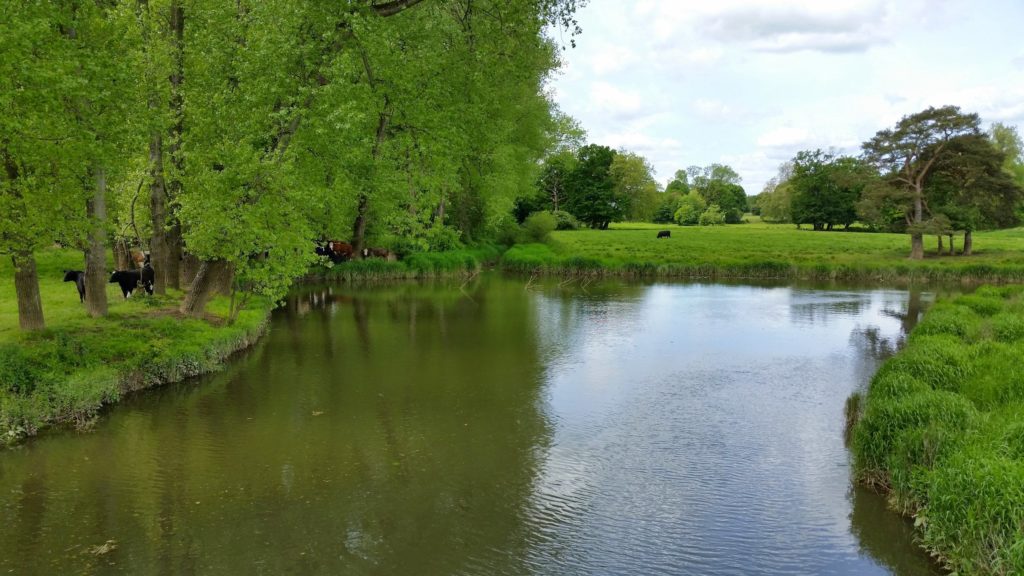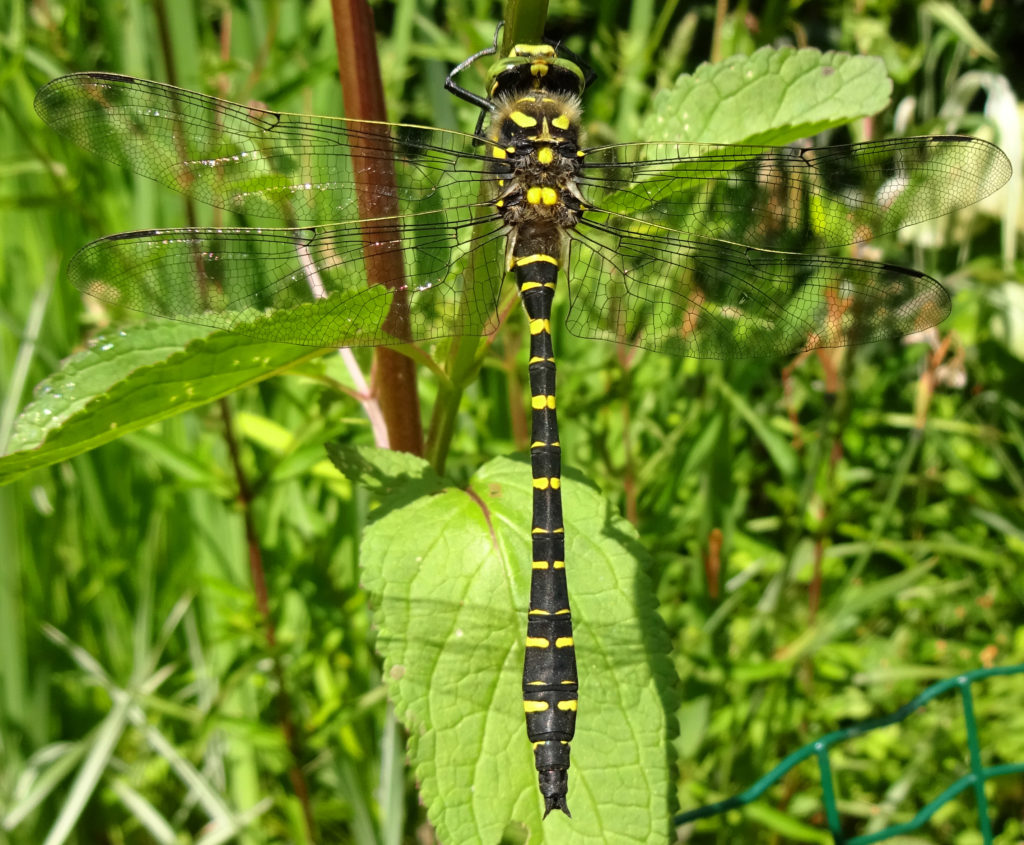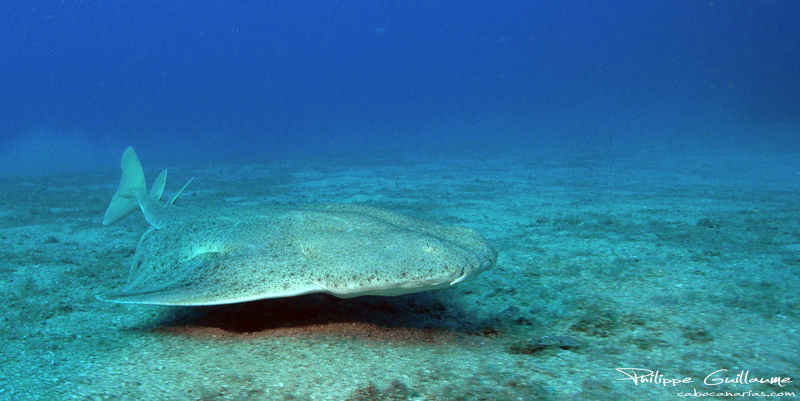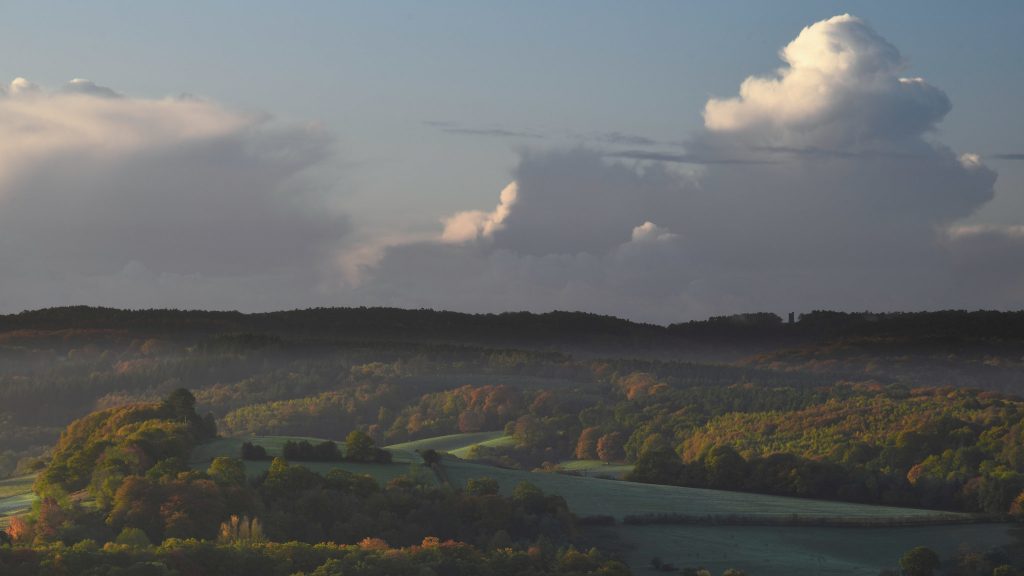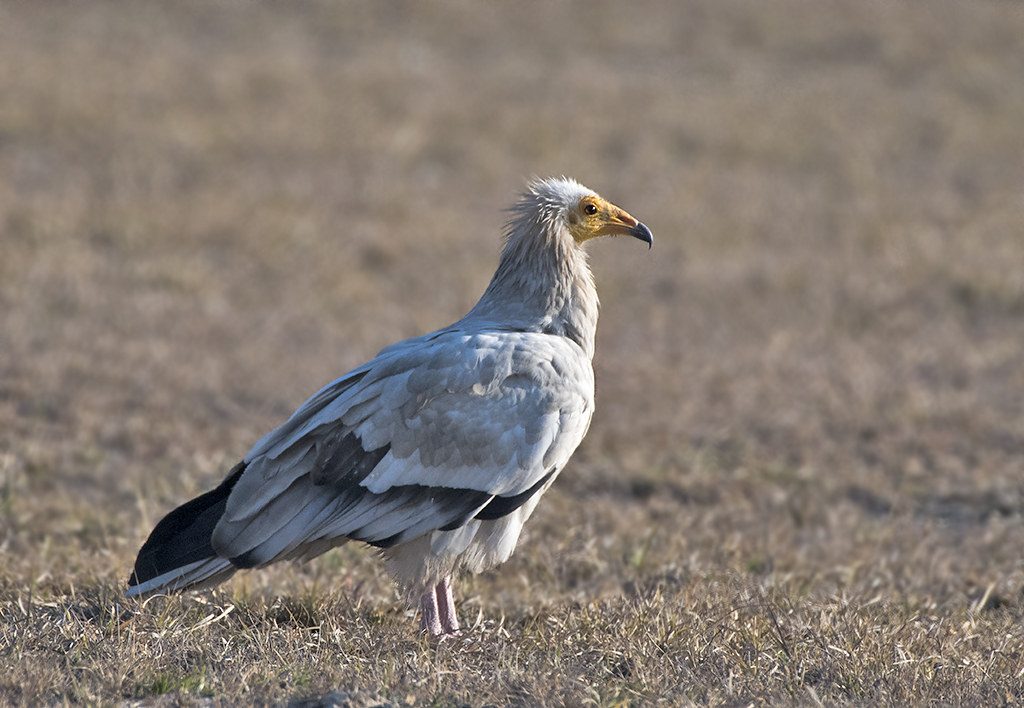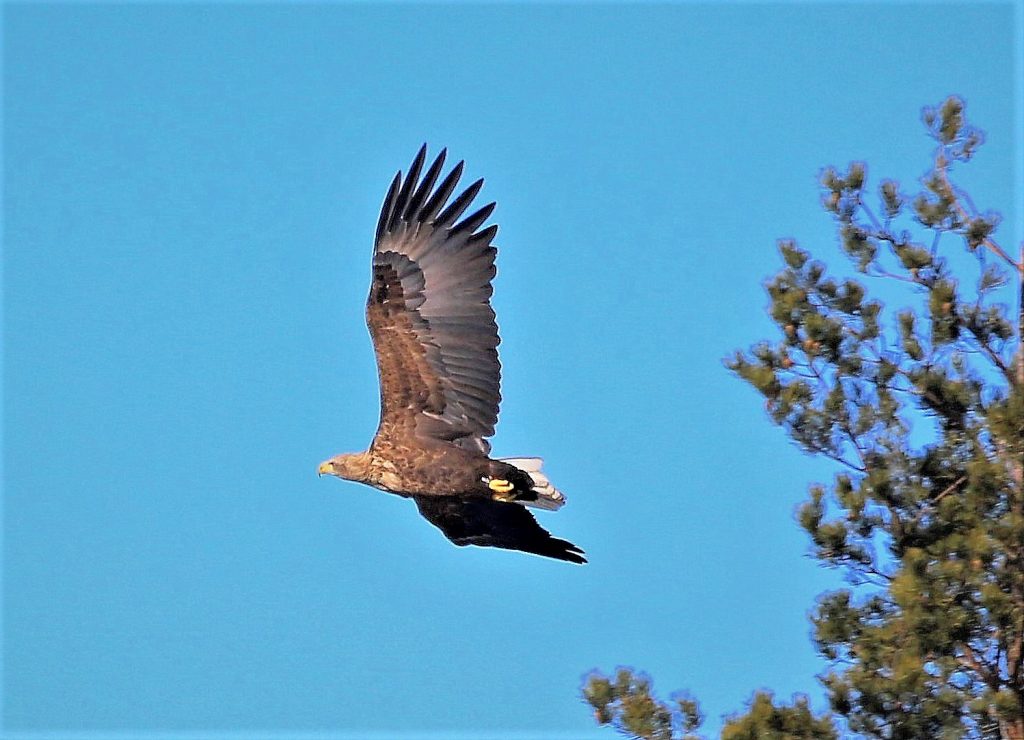The BBC report a major new project aims to rewild an area of more than 500,000 acres (202,343ha) in the Highlands. Over a period of 30 years, mountains, hills, glens and forests would be left to natural processes. The area could stretch from Loch Ness, across the central Highlands to Kintail on the north west Highlands coast.
Moray-based charity Trees for Life is working with Rewilding Europe, along with 20 landowners and six organisations on the project. The charity said the initiative followed three years of consultation and its work was continuing towards bring more landowners and communities on board.

